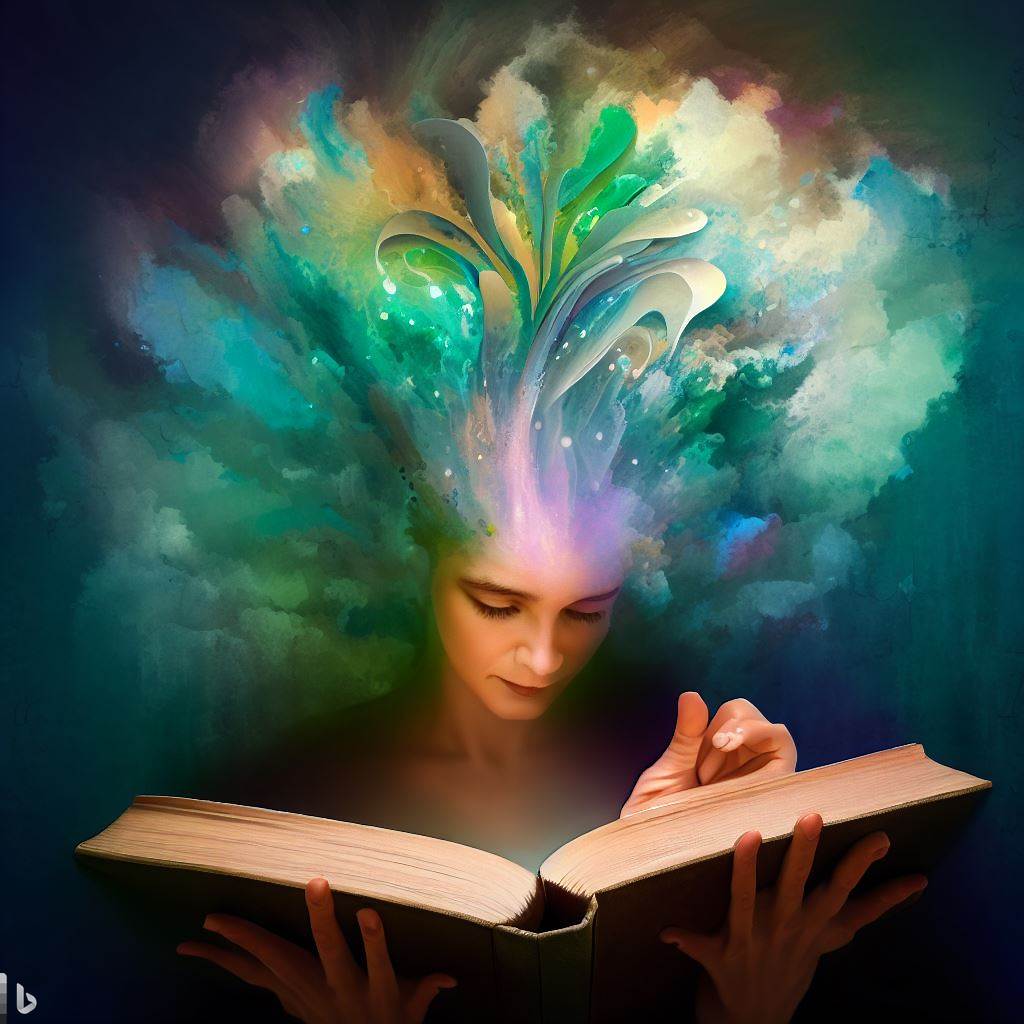
Introduction
Books have always been gateways to different worlds and perspectives. However, the magical realms, diverse cultures, and different eras we explore through literature do more than entertain; they also hold significant therapeutic value. Delve into the therapeutic effects of literature on mental well-being and you’ll find a treasure trove of benefits that uplift the human spirit, soothe the mind, and nurture emotional health.
Delve into the Therapeutic Effects of Literature on Mental Well-being
Literature as a Healing Balm
Literature has a profound effect on our emotions. A gripping novel can make us laugh, cry, or feel a whole spectrum of emotions in between. When we delve into a book, we immerse ourselves in a world where we can temporarily escape our troubles. This provides a sense of relief, a short respite that refreshes the mind and calms the soul.
Studies have shown that reading reduces stress levels significantly. Just six minutes of reading can decrease stress by up to 68% according to a study by the University of Sussex. But how exactly does this happen?
Well, when we read, our focus narrows and our mind becomes absorbed in the narrative, allowing us to break free from the cycle of negative thoughts that often accompany stress and anxiety. In essence, books serve as a form of escapism, but it’s escapism with a purpose – it facilitates healing, growth, and resilience.
Enhancing Empathy Through Reading
Literature can broaden our understanding of the world and the people in it. It fosters empathy and compassion as we experience lives, cultures, and perspectives different from our own through the narratives we read.
Researchers from Washington and Lee University discovered that individuals who often read fiction display higher levels of empathy. This heightened empathy might stem from the practice of placing ourselves in the characters’ shoes, feeling their emotions, and understanding their motivations.
This empathetic understanding extends beyond the pages of the book. We can better comprehend the feelings and actions of people in our lives, fostering more compassionate and meaningful interactions.
Literature and Self-Understanding
Delving into literature allows us to better understand ourselves. This self-reflection can be therapeutic as it fosters self-awareness, acceptance, and growth. As we relate to characters in a book, we often discover parts of ourselves reflected in them. These mirrored experiences and emotions can help us make sense of our own feelings, fostering self-understanding and acceptance.
Bibliotherapy: The Therapeutic Use of Books
The idea of using literature as therapy isn’t new. Bibliotherapy, the therapeutic use of books, is a well-established practice that combines reading and guided discussion to help people navigate various life difficulties. It’s often used to support mental health treatment, providing an additional tool for individuals to explore their feelings and learn coping strategies.
Bibliotherapy can be used for various issues, including depression, anxiety, and life transitions, helping individuals process their experiences in a safe and supportive environment.
Conclusion
The power of literature to heal, comfort, and enlighten is truly remarkable. As we delve into the therapeutic effects of literature on mental well-being, we find a world of benefits hidden within the pages of our favorite books. From stress relief to fostering empathy and self-understanding, literature plays a critical role in supporting mental health.
FAQs
- What is bibliotherapy? Bibliotherapy is the therapeutic use of books, usually combined with discussion, to help people deal with personal issues, mental health problems, or life changes.
- Can reading really reduce stress? Yes. Research by the University of Sussex has shown that just six minutes of reading can reduce stress levels by up to 68%.
- How does literature foster empathy? Literature exposes us to different perspectives and experiences, allowing us to put ourselves in the characters’ shoes. This practice of seeing the world through others’ eyes can enhance our empathy.
- Can reading improve mental health? Yes. Reading can offer an escape from stress and anxiety, enhance empathy, encourage self-understanding, and even support treatment for mental health issues.
- Does the type of book matter for bibliotherapy? Yes. The book chosen for bibliotherapy should resonate with the individual’s experiences and feelings. The choice of the book will depend on the person’s needs and the issues they are addressing.
- What types of issues can bibliotherapy help with? Bibliotherapy can be used to help with a variety of issues, including depression, anxiety, stress, trauma, and life transitions.



